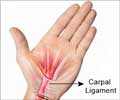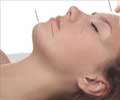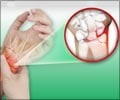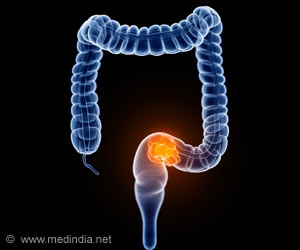Both peripheral and central neurophysiological changes in carpel tunnel syndrome may be halted or even reversed by electro-acupuncture interventions.
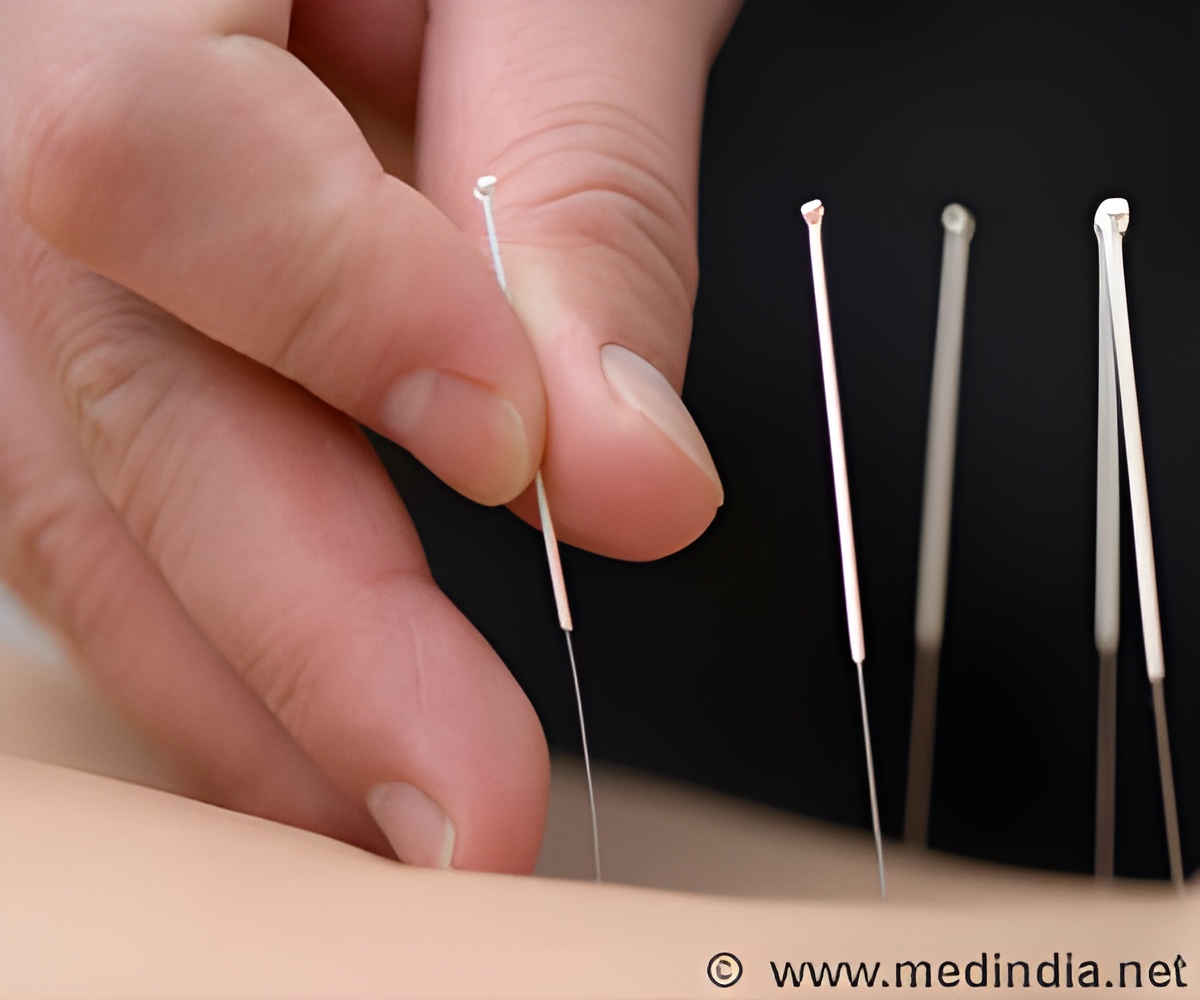
- Acupuncture coupled with electrical stimulation has significant beneficial effects for chronic pain disorders like carpal tunnel syndrome (CTS).
- In CTS, acupuncture targets the pathophysiology and brings about changes at the local affected site as well as in the brain.
- Acupuncture may improve CTS symptoms by rewiring the primary somatosensory cortex and by modulating local blood flow to the peripheral nerve in the wrist.
Researchers performed a sham-controlled acupuncture neuroimaging study of carpal tunnel syndrome (CTS), a neuropathic pain disorder. Sham controlled acupuncture is a placebo procedure that uses placebo needles at the affected site.
Chronic pain disorders seldom have established biomarkers or measurable treatment outcomes.
But in CTS measurements, the speed at which signals are transmitted along the median nerve at the wrist are a well known and accepted biomarker.
In addition, in CTS, the primary somatosensory cortex, which receives signals related to the sense of touch is remapped. The brain cells in the primary somatosensory cortex that usually respond to touch signals from specific fingers start to respond to signals from multiple finger.
Symptoms include pain, numbness, and tingling in the hand and arm. Symptoms tend to worsen over time and so early diagnosis and treatment are imperative.
Sham Acupuncture vs Real Acupuncture
Participants were divided into three groups:
- one receiving electro-acupuncture at the affected hand
- another receiving electro-acupuncture at the ankle opposite the affected hand
- and the other receiving sham electro-acupuncture with placebo needles near the affected hand
Differences in physiological measures were also noted.
Real acupuncture at the affected hand led to measurable improvements in outcomes both at the affected wrist and in the brain, while acupuncture at the opposite ankle produced improvement at the wrist only.
Brain remapping immediately after real acupuncture was linked to long-term improvement in CTS symptoms. Sham acupuncture showed no physiological improvements.
Given the slight differences between the efficacy of real and sham acupuncture, it is not known whether acupuncture works primarily by the placebo effect. The study help to address this question.
Sham acupuncture sends inputs to the brain via skin receptors and is coupled with a specific ritual, it produces a stronger placebo effect than a pill.
Though placebo effect by sham acupuncture is stronger, the symptom improvement produced by sham treatment in conditions like CTS also might derive from entirely different mechanisms. Real acupuncture may more specifically target CTS pathophysiology.
"Sham acupuncture may ’work’ by modulating known placebo circuitry in the brain," Napadow said. "In contrast, real acupuncture may improve CTS symptoms by rewiring the primary somatosensory cortex, in addition to modulating local blood flow to the peripheral nerve in the wrist. In other words, both peripheral and central neurophysiological changes in CTS may be halted or even reversed by electro-acupuncture interventions that provide more prolonged and regulated input to the brain - something that future, longer-term neuroimaging studies should explore."
Further research linking objective/physiological and subjective/psychological outcomes for acupuncture-produced pain relief is needed.
The study is reported in the journal Brain
Reference
- Carpal Tunnel Syndromey - (http://orthoinfo.aaos.org/topic.cfm?topic=a00005)
Source-Medindia

